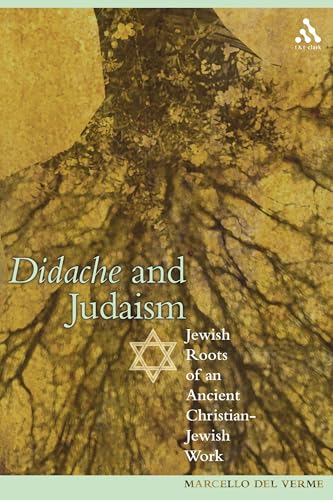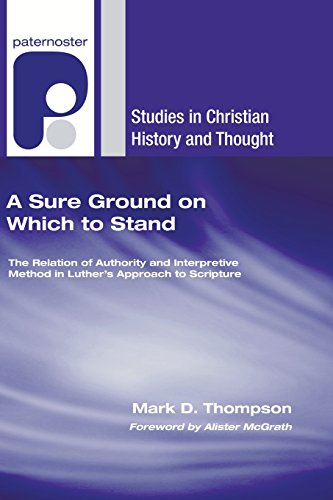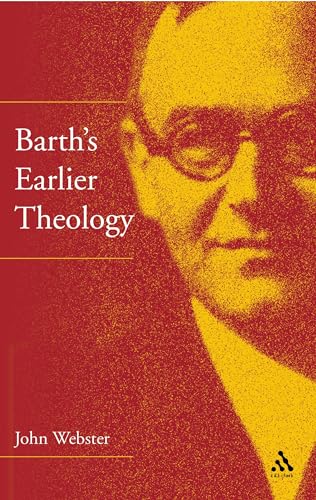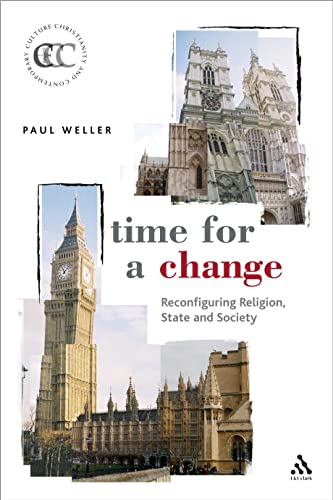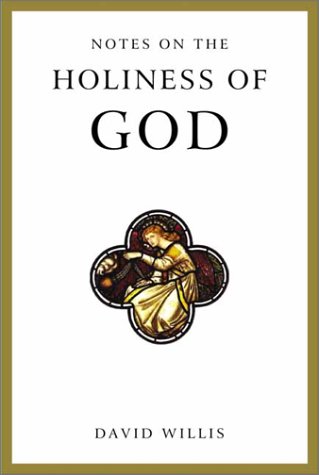Volume 32 - Issue 1
The Eloquence of Silence
By Carl TruemanOne of the distinguishing marks of God as he reveals himself in Scripture is that he is a God who speaks. He is a God who is not silent. This contrast with silence is fascinating; and, in a world which is full of all manner of ‘noise’—cultural, social, commercial—reflection on silence, and the significance this has for the God who is not silent, can be most productive. Indeed, one could argue that silence is, in its own way, one of the most enlightening things about the world in which we live and about who we are within that world, both positively and negatively.
I have reflected before in an editorial on the contribution of the Christian philosopher, Blaise Pascal, to the development of Christian cultural criticism. I have looked at how, with his ethical understanding of the human thought and his categories of distraction and diversion, he probed the ways in which cultural pursuits, from entertainment to education to bureaucracy, could be used to avoid facing the moral realities of human sin and mortality, and the inevitable judgement that follows.
It would seem to me that one of the challenges that Pascal lays before us is that of silence: if cultural ‘noise’ is generated to allow us to forget or to avoid the reality of our human condition, then surely silence is useful as one context in which that condition can, indeed must, be faced. The measure of a man or woman, one might say, is the ability to sit alone and be silent in a room for an hour, contemplating nothing but their own mortality in the light of eternity.
Think about it. Think about the lengths we go to in order to exclude silence from our lives: form iPods as we travel to and from work, to the background hum of the television, stereo or radio as we go about our daily lives at home. Noise is everywhere. Much of it is unnecessary and a matter of our personal choice. We live in a world where silence is rare, and, if we are honest, is deliberately excluded even from those obvious contexts we have in which we might indulge in it. Yet silence is golden, for in silence human beings must face the starling reality of who they are.
Silence, however, has another significance within the pages of the Bible. Silence is the default position of those gods that are no gods. It is the speech of idols and it is ultimately the speech of idolaters too. Surely one of the most famous passages in the Old Testament has to be Elijah’s conflict with the prophets of Baal on Mount Carmel, recorded in 1 Kings 18. Numerous things about this passage are interesting. For a start, it is not an isolated incident. Baal was a god of fertility, of rain, of thunder and lightning. When Ahab and Jezebel introduced Baal worship into Israel, they took false worship to a new level. They effectively declared that life (which depended in the Ancient Near East on agricultural success and thus on rain etc) was the gift of Baal. When Jehovah shut up the skies three years before the final confrontation on Mount Carmel, he was declaring war on Baal and determined to show the Israelites who was really in control. Then, when Jehovah picked Carmel, and trial by fire for the showdown, he chose Baal’s home territory, both geographically (Baal worship was strong in this area) and in terms of speciality (Baal was in charge of lightning, after all).
What follows is, of course, well known. The prophets of Baal call upon their god in an increasingly noisy and frantic manner, but nothing happens. Then Elijah calls upon Jehovah who answers by fire; and after that, there is a general slaughter of Baal’s prophets.
What is so striking about that day is, however, not so much the noise. Now, the noise was certainly striking. We are told how the prophets called on Baal for most of the day, dancing, crying out, even cutting themselves in an increasingly mad frenzy. Nor was the most striking thing the catastrophic downfall of the priests of Baal. We know very little about these men; perhaps many had sacrificed much at a personal level to follow Baal. They may have committed many years of their lives to his worship and given up much to dedicate themselves to him. Certainly, each one would have had an individual, tragic story to tell about their pathway to Carmel that fateful day.
No, what is most striking is the silence of Baal. No one answers these men as they engage in their increasingly outrageous and, one presumes, noisy behavior. No one pays any attention. No one comes to their aid. And, of course, at some point that day the prophets of Baal would have got the message. Baal was not going to answer them; Baal was going to remain silent; and at that point the ominous silence of Baal was matched by the fearful silence of his followers. It was a horrible, terrifying silence which was both the prelude to and the context of Jehovah’s own dramatic action and the subsequent slaughter.
The enforced silence of Baal’s prophets is a great example of silence being that which makes us face up to the reality of our human condition. But it is more than that. I can never read the Mount Carmel incident without thinking of Psalm 115, verses 4 to 7 describe idols: in sum, they look like the real things (they have eyes, hands, feet, ears, mouths etc) but they are simply lifeless bits of junk—they cannot see, touch, walk, hear, speak etc. Idolatry is, if you like, the worship of something which looks as if it could deliver, but is in fact important. Yet the real sting in the tail of the psalm comes in verse 8: ‘Those who make them become like them; so do all who put their trust in them.’
Mount Carmel is a dramatic demonstration of the truth of this psalm: Baal is an idol and no true God. When called upon, he is silent; and so, at the end of the day, are his followers. However noisy they are in the interim, at the end of the day they too are as silent as the non-god in whom they trust and towards whom they direct their worship.
The story is told by one of the followers of Michel Foucault, the brilliant French post-structuralist thinker, that as Foucault lay dying of AIDS in 1984, he declared that he had always assumed that, at such a moment of crisis there would be something to say. But now that he was at such a moment, he discovered there was nothing to say after all. Foucault, of course, had devoted his life to extremes, to ‘limit experience’, particularly in the sexual realm. He was a man who, from a Christian perspective, one could say truly revelled in idolatry (and I write as one who has perhaps found more intellectual stimulation from reading Foucault than from any other non-Christian author). Those who read his works cannot help but come away with the impression that this was a man who worshipped power, who had devoted himself to the pursuit of gods that are no gods. Here, as he lay dying, the silence of his gods was eloquent, forcing him to face up to the ultimate nihilism of his own philosophy and the awesome void on whose edge he then stood. Those who make them become like them …
Carl Trueman
Carl Trueman is Professor of Biblical and Religious Studies at Grove City College in Grove City, Pennsylvania.


